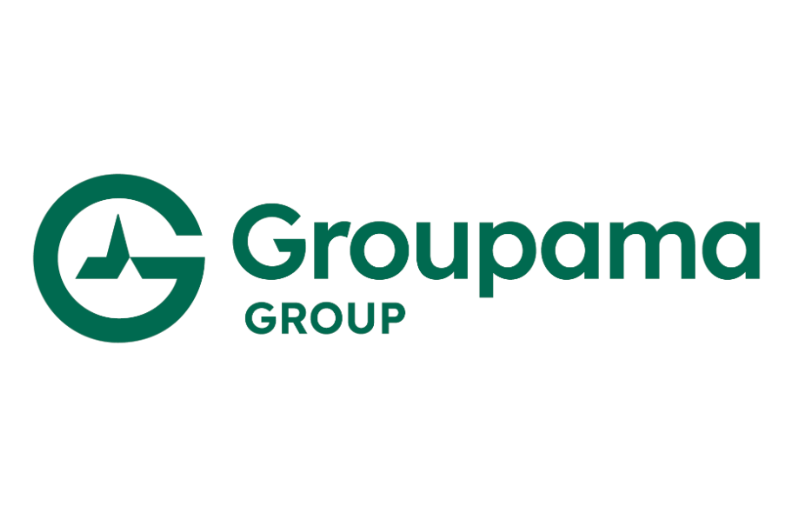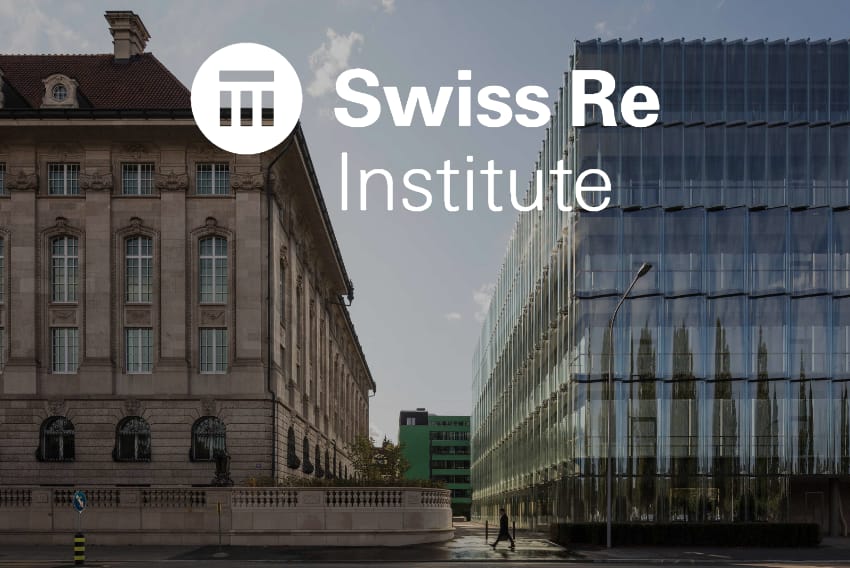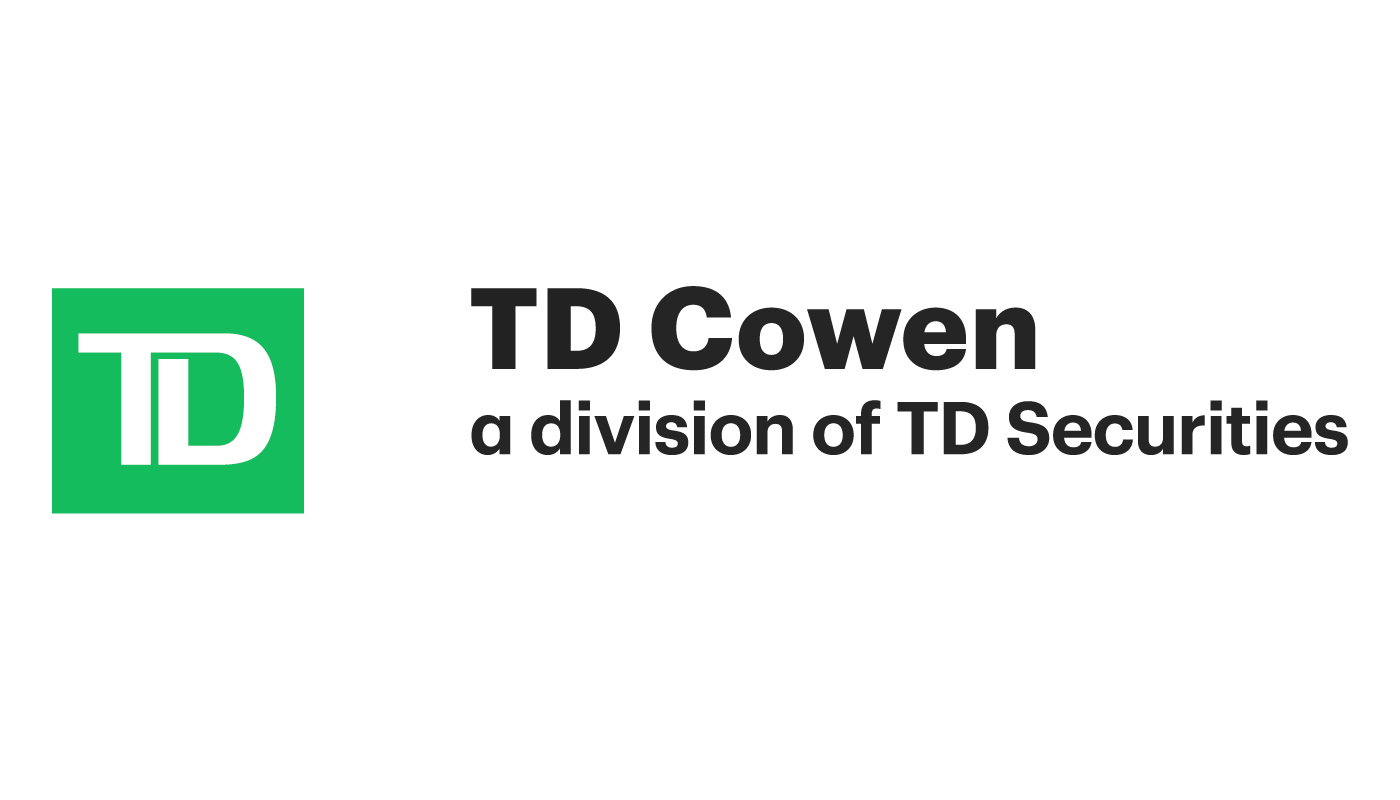
Global reinsurance firm Hannover Re had its ratings affirmed by AM Best yesterday and the agency cited the companies retrocession program as “pivotal” to its success.As we explained recently, .The capital markets are positioned firmly at the heart of Hannover Re’s core catastrophe retrocession program, with investors and ILS funds supporting some 80% of its aggregate retro cover and 78% of its Cat XL coverage through the long-standing K-Cessions vehicle.The capital markets and insurance-linked securities (ILS) investors are a little less common within its whole account retro cover, but it does seem that Hannover Re may be increasingly employing the capital markets here as well.
The largely capital markets backed K-Cessions quota share retro reinsurance sidecar facility , 78% of which was backed by capital market investors.We understand that for 2021 Hannover Re has been seeking to expand on K-Cessions and our sources say that a little further growth of the vehicle is likely, especially as this is a time when Hannover Re will be looking to expand on its property catatsrophe reinsurance book, given the firming of rates.AM Best cited the retrocession program as “pivotal” to Hannover Re’s ability to manage volatility within its business.
These quota share and aggregate arrangements that Hannover Re has in place and are largely capital markets backed, act as an extension of the companies own reinsurance balance-sheet, while moderating its PML’s and taking a share in its losses, in return for a share of its underwriting profit as well.The way quota shares flow capital from investors to underwriting engines of major companies like Hannover Re has become a lever for growth, providing a certain elasticity to its own balance-sheet capital, as well as the pure protection they offer.AM Best commented, “The group’s comprehensive retrocession cover, which utilises a combination of traditional and collateralised alternative solutions, remains pivotal in limiting capital volatility.” While reinsurers of the scale of Hannover Re do not necessarily need these retro programs to continue their businesses, having them provides much greater flexibility and allows the company to apply a form of leverage of sorts to its own underwriting capital.
Given how reinsurance market conditions are developing, the use of collateralized retrocession is likely to expand as a way to bring supportive capital into an underwriting business for growth as well as volatility reducing purposes.Hannover Re has this in place and well-structured, meaning it can be ready for whatever the cycle throws at it, with an ability to upsize and downsize its retro protections depending on market conditions at any one point in time.Hannover Re’s relationships with capital market investors are important to it, alongside .
It shows the importance of the ILS market to Hannover Re’s own business model and the key role capital market investors play in its business.Hannover Re recently said that it , as the company feels it has passed on fewer losses to its counterparties than many other reinsurers.Given its access to business and the growth opportunity it has in the current market conditions, it would be no surprise to see Hannover Re achieve its goal of an enlarged K-Cessions, or use of retro.
In 2019, , demonstrating the robustness and responsiveness of its program.———————————————————————.All of our Artemis Live insurance-linked securities (ILS), catastrophe bonds and reinsurance can be accessed online.Our can be subscribed to using the typical podcast services providers, including Apple, Google, Spotify and more.
Publisher: Artemis








